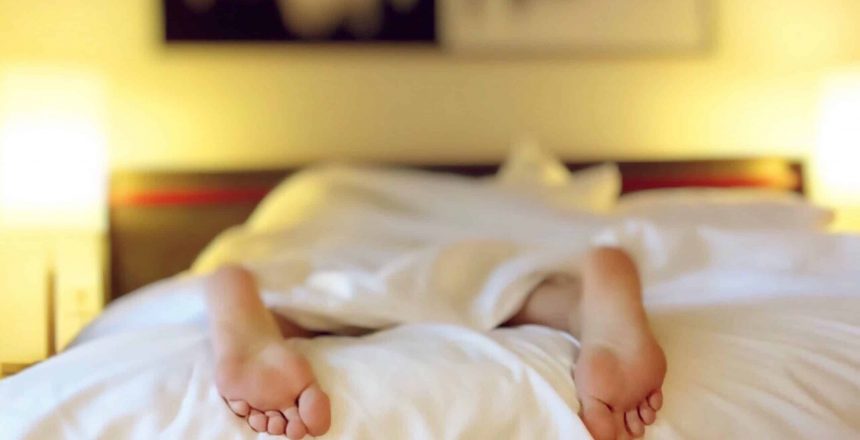
Whether you’re struggling to get a goods night sleep or you just want to know you are getting the best rest possible; read on to understand some of the worst sleeping habits to avoid, and how to correct them to make sure you are well rested tonight and for many more nights t come.
Eating
If you eat before you sleep, your digestive system produces acids to help with the digestion process. If you try to sleep straight after eating, this can cause acid reflux, which could stop you from getting a good night’s sleep.
Try not to eat anything for two hours before you plan on going to sleep.
Sleeping Pattern and Routines
Like many things in life, having a routine can help you know exactly what is expected of you, and where getting a good night’s sleep is concerned, there is no greater example. When you have a good routine, this allows your body to start preparing for bedtime. For instance, having a bath, getting in your pajamas, reading a book, then going to sleep is an excellent example of how it can be done. Once you start your routine, your body will automatically start preparing for sleep.
To remedy this, try to stick to the same routine, even if your bedtime varies, it will still work.
Screen Time
It’s not uncommon for people to take their mobile devices to bed with them at night. This severely impacts your ability to switch off and sleep because it stimulates the brain. Your Circadian Rhythm is something that naturally regulates when you feel tired, and it is altered when you spend time in front of a screen before going to bed.
Reduce the brightness of your screen and do not take your tech to bed with you.
Drinking Stimulants
Nicotine, coffee, and alcohol are all stimulants, and they can affect your chances of getting a good night’s rest. As common as they are, these habits can prevent you from being able to switch off easily at night.
Try drinking decaf drinks or even water before bed and do not smoke for one-two hours before you want to go to sleep.
Room and Sleeping Temperature
The temperature of your sleeping environment has a direct impact on how well you can sleep. Choose bedding that is breathable and cooling. Generally, natural fibers are best as they can help to cool your body for longer. The same applies to your pajamas; make sure you choose breathable fabrics that won’t cause you to overheat.
Try using cotton or linen pajamas or bedding, avoid highly synthetic materials where possible.
Be Prepared
Getting a good night’s sleep is often directly affected by things that are playing on your mind. Having your clothes, your bag, and your lunch if applicable all made-up and ready to go is within your control and it can help you to switch off without worry. Another commonly reported issue is when people have things on their mind, the cycle of thinking can often keep people awake.
Avoid this by preparing everything you might need for the next day, ready in advance. Also, keep a pen and paper by your bedside so that you can write everything down in case last minute thoughts or tasks crop up at the last minute.
In Summary
As much as we can advise you to avoid eating and drinking certain foods, changing your bedclothes to breathable materials, being prepared, and limiting screen time; for many, these small changes are a significant shift to their evening routines.
Use a phased approach and try to change just one thing at a time.
- Tags: sleeping
Subscribe to our Newsletter



